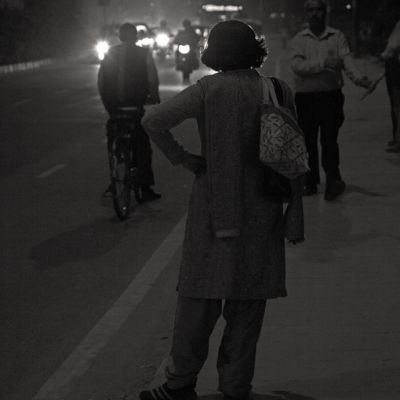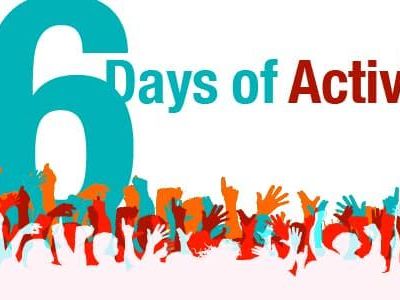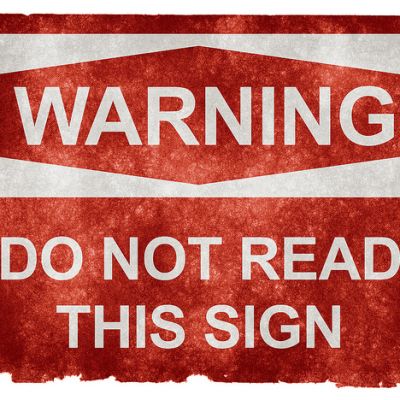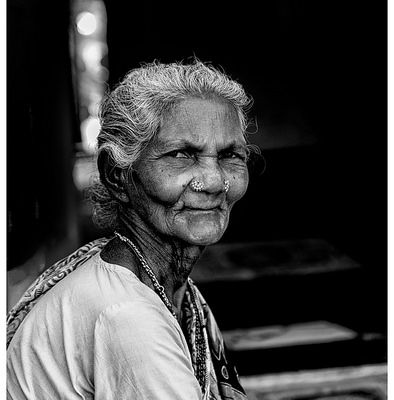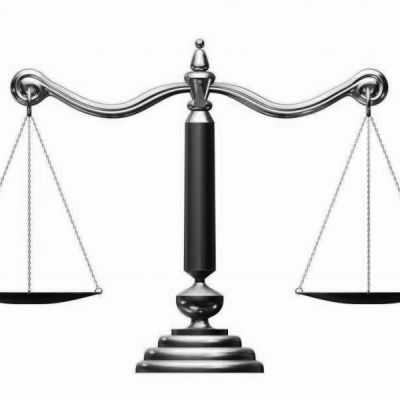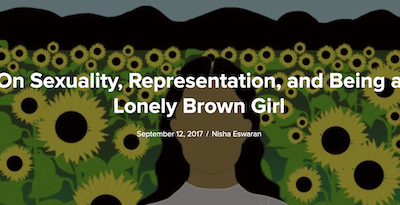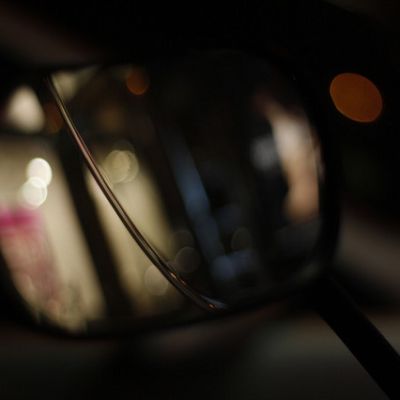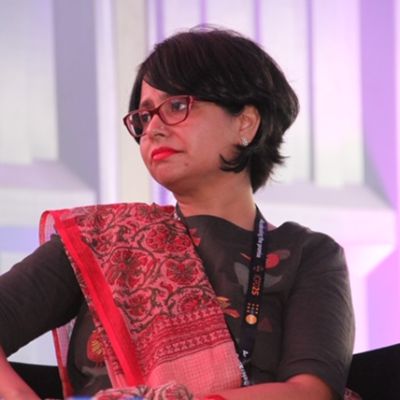Sexual Violence
Invitation cards had been printed. Her parents wanted to get the best of everything for her. She knew that all this generosity came more out of them trying to put up appearances than out of their love for her. Instead of trying to make sense of it all, or to reason with them, she was told to just enjoy this special life event. Once the whole family had arrived, all of her father’s financial worries and her mother’s emotional ones got drowned in the festivities that took place each night. The bright strings of lights flickered all around the house, announcing the upcoming marriage to the world.
Every year we participate in an international campaign known as “The 16 Days Campaign” which runs from 25 November (International Day for the Elimination of Violence against Women) to 10 December (Human Rights Day). It is an organising strategy by individuals and organisations around the world to call for the prevention and elimination of violence against women and girls.
But here is the thing. In heterosexual relationships, how are women and men going to learn to see women’s desires if the world does not see them? If the world is shaped to conform to a certain type of man’s desires only? Where is consent without a diversity of desires and a galaxy of desirability?
This article was originally published in the NPR. January 8, 2018; TANIA LOMBROZO Two recent books, one a manifesto by British…
What vindicates the argument that women with disabilities (WWDs) should be deprived of sexual and reproductive healthcare and rights is scary. Harmful stereotypes of WWDs include the belief that they are hypersexual, incapable, irrational and lacking control. These narratives are then often used to build other perceptions such as that WWDs are inherently vulnerable and should be ‘protected from sexual attack’.
Sharp and evocative, Kalki Koechlin’s spoken-word poem The Printing Machine lays bare the cycle of ceaseless and desensitised consumption engendered by the media. Kalki’s short and hard-hitting sentences, keys tap-tap-tapping, and the chrrs and grrs of printing machines bring out the urgency and sensationalism media narratives embody, turning incidents of violence into a stream of headlines that make us gasp and forget, gasp and forget.
Giving a trigger warning helps to somewhat flatten that hierarchy by making sure the audience is okay with the content. It can also shift power to the audience who may now decide what they would like to do with that information – to stay put and listen, or to walk out.
Allred’s story is important because it shows us how an individual used her knowledge, power, and position to challenge the legal system in demanding rights and equality, especially for women and LGBTQ+ people.
Sudha ji’s indomitable spirit made me question if I was settling down for too little, if there was more that I should ask for, and if there is more that I deserve.
Motherhood is hallowed concept in Indian society – folklore and stories of branding women who do not bear a child…
I believe that such mini-series as “Unbelievable” will help people have a better understanding of what women go through when they experience a horrific incident like rape or sexual assault.
I long for much more than a greater representation of brown women. I long for a complete overhaul of the racial, gendered, and economic systems that structure our suffering.
But I also long for representation of all people, including brown women, who are in love, who are loveable, and who are — in the absence of love — lonely.
I did everything to change my gender expression from masculine to feminine. I started wearing feminine clothes, started growing my hair, and I even had a boyfriend. But the more I pushed myself to be feminine, the more depressed I became.
It is the winter of 2013, and my father and I are sitting at an awkward distance from each other…
But not every issue of discrimination and conflict can go to a court.Say for example, affording privacy to a young adult with disability to understand their body and sexual responses, or enabling them to access accessible sex toys or assistive devices related to sexual pleasure.

